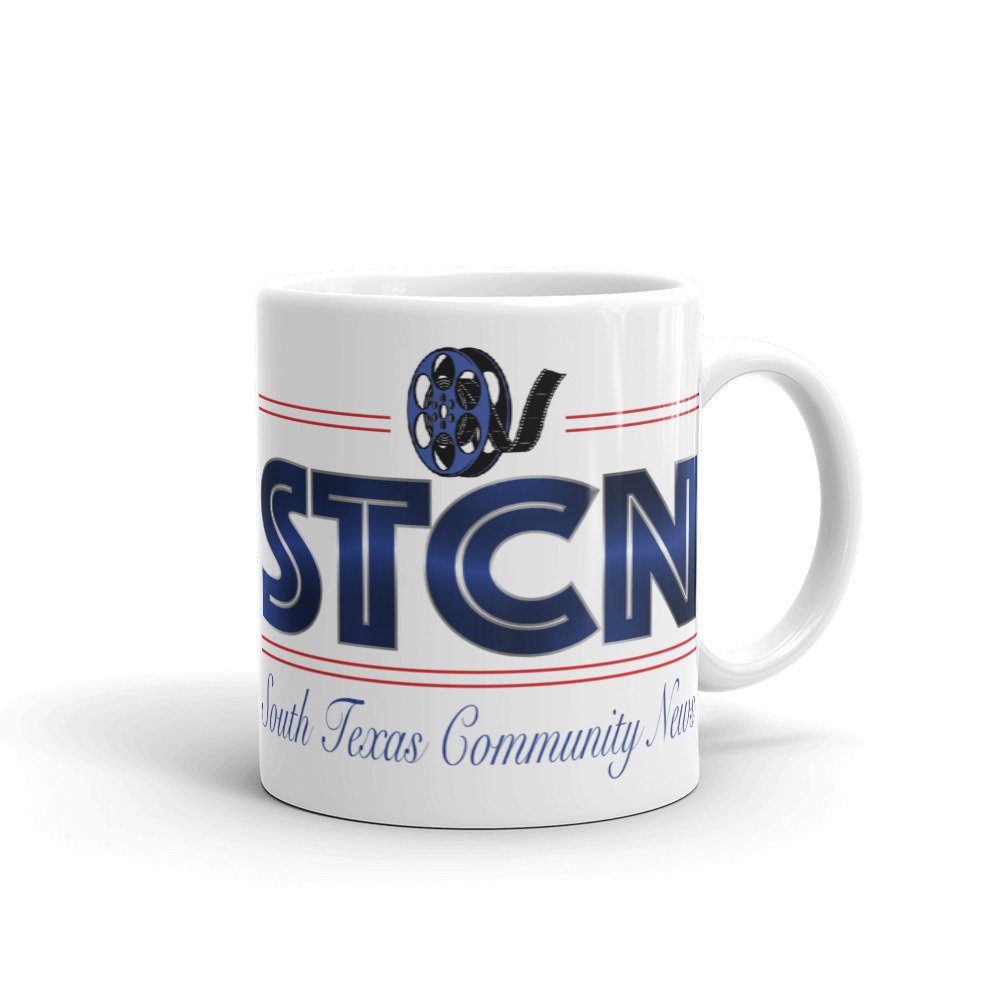Texas Securities Commissioner Stops Metaverse Casino Securities Scheme
Texas State Securities Board
AUSTIN (News Release) - Securities Commissioner Travis J. Iles entered an Emergency Cease and Desist Order to stop a fraudulent investment scheme tied to metaverses. The order names Sand Vegas Casino Club, Martin Schwarzberger, and Finn Ruben Warnke and accuses them of illegally offering NFTs, or non-fungible tokens, to fund the development of virtual casinos in metaverses.
The term metaverse—first coined in 1992 by science fiction author Neal Stephenson in Snow Crash—generally refers to one or more interconnected virtual worlds that typically promote interactivity, entertainment and commerce. Users access these virtual worlds through digital representations of themselves, often referred to as avatars, and socialize, play, shop, or even work in digital environments. Metaverses are becoming increasingly popular as corporations continue to invest in augmented realities and new technologies increasingly intersect with movies, video games, and popular culture.
“While many will say, ‘Meta-what?’ Metaverses—and the concept of a singular metaverse—present exciting new commercial and social opportunities,” said Commissioner Iles. “Unfortunately, bad actors often attempt to capitalize on hype to defraud the public.”
The order accuses the Respondents of leveraging interest in metaverses to perpetrate a high-tech fraudulent security offering. According to the order, they are offering 11,111 Gambler NFTs in connection with their development metaverse casinos in popular metaverses such as the Sandbox, Decentraland, Infinity Void, and NFT Worlds.
The metaverse casinos reportedly act as real casinos except they operate in virtual worlds. Gamblers, acting through avatars, can enter the metaverse casinos and play poker and other games using cryptocurrencies. Purchasers of the Gambler NFTs profit from these operations. Not only do they become owners of the metaverse casinos, but they also purportedly share in half of the profits generated from the metaverse casinos—including profits from gambling and profits from the sale of digital assets representing drinks and cigarettes.
“The metaverse provides brands with new commercial opportunities, and many investors are now considering the latest high-tech products,” said Enforcement Director Joe Rotunda. “However, bad actors are now leveraging interest in these opportunities and products. Virtual reality can leave you virtually broke.”
The Respondents are also allegedly developing a virtual casino—a casino accessed not through metaverses but solely through the internet. They are offering 1,111 Golden Gambler NFTs in connection with the development of this virtual casino—referred to as their web 2.0 casino. Owners of Gambler NFTs and Golden Gambler NFTs own the web 2.0 casino and share in profits generated from the web 2.0 casino.
Owners acquire Gambler NFTs and Golden Gambler NFTs through minting—a term that refers to the publication of a digital asset on a blockchain—or purchase them from listings on an online marketplace. On April 9, 2022, the listing price for Gambler NFTs was between 0.23 ether or around $744.38 and 777.77 ether or around $2.5 million. On the same day, the listing price for Golden Gambler NFTs was between 2.13 ether or around $6,793 and 169 ether or around $547,000.
Respondents are touting the lucrative profitability of Gambler NFTs and Golden Gambler NFTs. According to the order, they are estimating owners of Gambler NFTs will receive between $102 and $2,040 per NFT per month or $1,224 and $24,480 per NFT per year. The Golden Gambler NFTs purportedly provide considerably more profitability. Respondents are estimating that owners of the Golden Gambler NFTs will earn between $540 and $6,750 per NFT per month or $6,480 and $81,000 per NFT per year, according to the order.
Respondents are advertising the Gambler NFTs and Golden Gambler NFTs through an internet website and a marketing campaign targeting social media influencers and enthusiasts. They are also promoting interest through frequent webcasts and AMAs, airdrops of voxels, and virtual lotteries for active social media users. They claim to have provided lucrative rewards to winners of these lotteries—rewarding their most active followers with an iPhone 12 Pro, a MacBook Pro, and an iMac, and promising to reward others with a Tesla in an upcoming event.
“Purchasers of any investment—from the traditional stocks and equities to the latest product—need to consider all factors, not just marketing campaigns designed to recruit purchasers,” said Enforcement Director Rotunda. “All investments bear risk, and these risks may significantly impact the bottom line.”
Cybersecurity is typically a key threat to online investment programs, and this case proves no different. For example, the Respondents claimed their social media was hacked in January 2022. The hacker allegedly used a bot to spoof a platform for minting NFTs and misappropriated 50 ether—valued at around $154,000 on the incident date—from followers.
According to the order, the Respondents are also advising followers that the Gambler NFTs and Golden Gambler NFTs are not regulated as securities, falsely claiming the securities laws do not regulate any NFTs. The Respondents are also devising a scheme to obstruct any attempt to regulate the Gambler NFTs and Golden Gambler NFTs, according to the order. They are misleading purchasers by claiming they can simply avoid securities regulation by implementing illusory features or using different terminology.
The Respondents are not registered to sell securities in Texas, and the Gambler NFTs and Golden Gambler NFTs are not registered or permitted for sale in Texas.
The Alabama Securities Commission also filed a contemporaneous enforcement action against the Respondents and the Kentucky Department of Financial Institutions assisted with the case. The Texas State Securities Board appreciates the assistance of Ricky Locklar and Miles Faggert of the Alabama Securities Commission and Chad Harlan and Brandon Adcock from the Kentucky Department of Financial Institutions.



